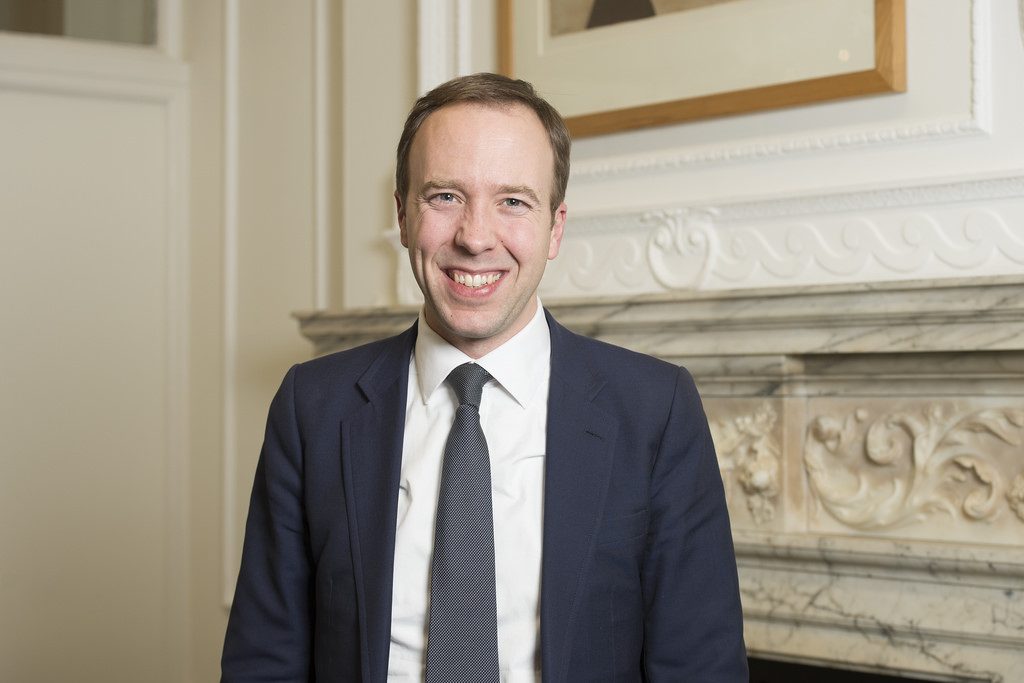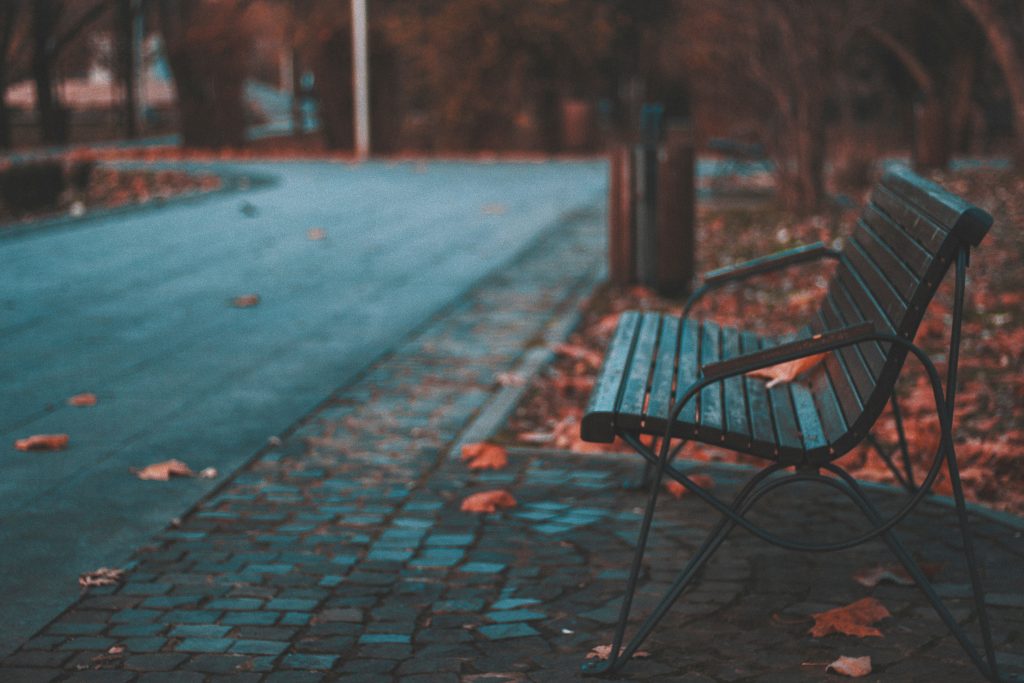Abortion in England, Scotland and Wales is decriminalised in certain circumstances. Under the Abortion Act and the Human Fertilisation and Embryology Act 1990, abortion is allowed up to 24 weeks of pregnancy if continuing with the pregnancy involves a risk to the physical of mental health of the women or her existing children.
Before an abortion can proceed, two doctors must ensure that the requirements of the Abortion Act are fulfilled, and they must both sign the certificate.
If a woman procures a miscarriage without going through this process, it can constitute a criminal offence under the 1861 Offences Against The Person Act. Bizarrely, this legislation, passed before women could vote, is still in force and is occasionally used against women today.
In Northern Ireland, however, performing an abortion is an offence except in specific cases. There, the fight for women’s rights continues.
However, campaigners are now calling for women to be able to take the second abortion pill at home, something which has already been legalised in Scotland and Wales.
“This would mean [women] do not risk pain, bleeding and cramping on the way home from the clinic,” a spokesperson from the British Pregnancy Advisory Service (bpas) tells RightsInfo. “Some women even miscarry before they are able to get back.”
“Home use is standard practice in other countries and endorsed by the World Health Organisation,” they continue.
“Because of the rules of the 1967 Abortion Act, the decision as to whether allow women to do this lies not with clinicians acting in the best interests of their patients, but the Secretary of State for Health.
“This is a decision that could be taken today and implemented tomorrow, bringing to an end many years of needless suffering.”
Reproductive Rights As Human Rights

Reproductive rights are broadly thought to fall under Article 8 of the Human Rights Convention, however, it doesn’t specifically protect the right to an abortion.
Article 3 also comes into play, with women protected from ‘inhuman and degrading treatment’, and it’s also worth noting that unborn children do not have a separate legal recognition from their mothers (something which could have linked into Article 2, the right to life).
Because of the rules of the 1967 Abortion Act, the decision as to whether allow women to do this lies not with clinicians acting in the best interests of their patients, but the Secretary of State for Health.
BPAS
Here in the UK, women are decriminalised from having an abortion in certain circumstances – namely if the woman or her existing children’s health is at risk. However, the same does not apply to women in Northern Ireland.
‘I Lay Down On A Bench And I Couldn’t Go Any Further’

Speaking to the BBC, a number of women shared their experiences of taking the second abortion pill. One, Zoe Weldon, said the effects of the pill started just 20 minutes into her tube journey home.
“I started to feel nauseous, started to sweat, started to feel really cold, went extremely pale apparently,” she explains.
I lay down on a bench next to the Tube and basically decided I wasn’t going to move any further. It was so frightening.
Zoe Weldon
“I had to get off the Tube. I lay down on a bench next to the Tube and basically decided I wasn’t going to move any further. It was so painful and so frightening.”
According to the latest figures from Scotland, eight out of 10 women are now choosing to take the final pill at home instead, with the Department of Health saying they were monitoring the evidence.
However, for bpas it’s also a wider issue about criminality. “Ultimately we believe abortion needs to be removed from the criminal law altogether and regulated in the same way as all other healthcare services.” a spokesperson adds.
“These laws, passed before women could vote or keep their own wages if they were married, are so far removed from the modern world it is a travesty they remain on the statutes. We want to see home use, and ultimately the decriminalisation of abortion.”








